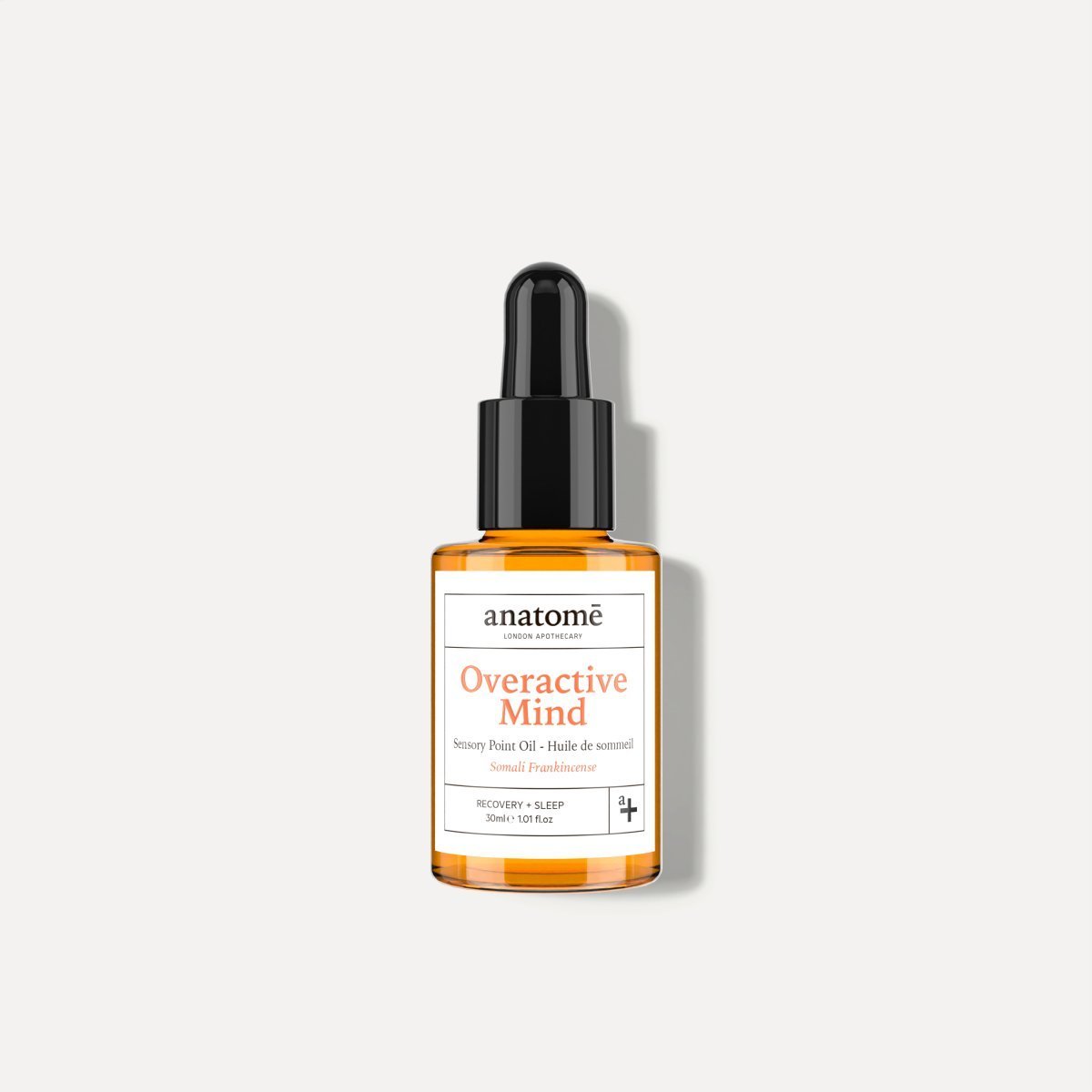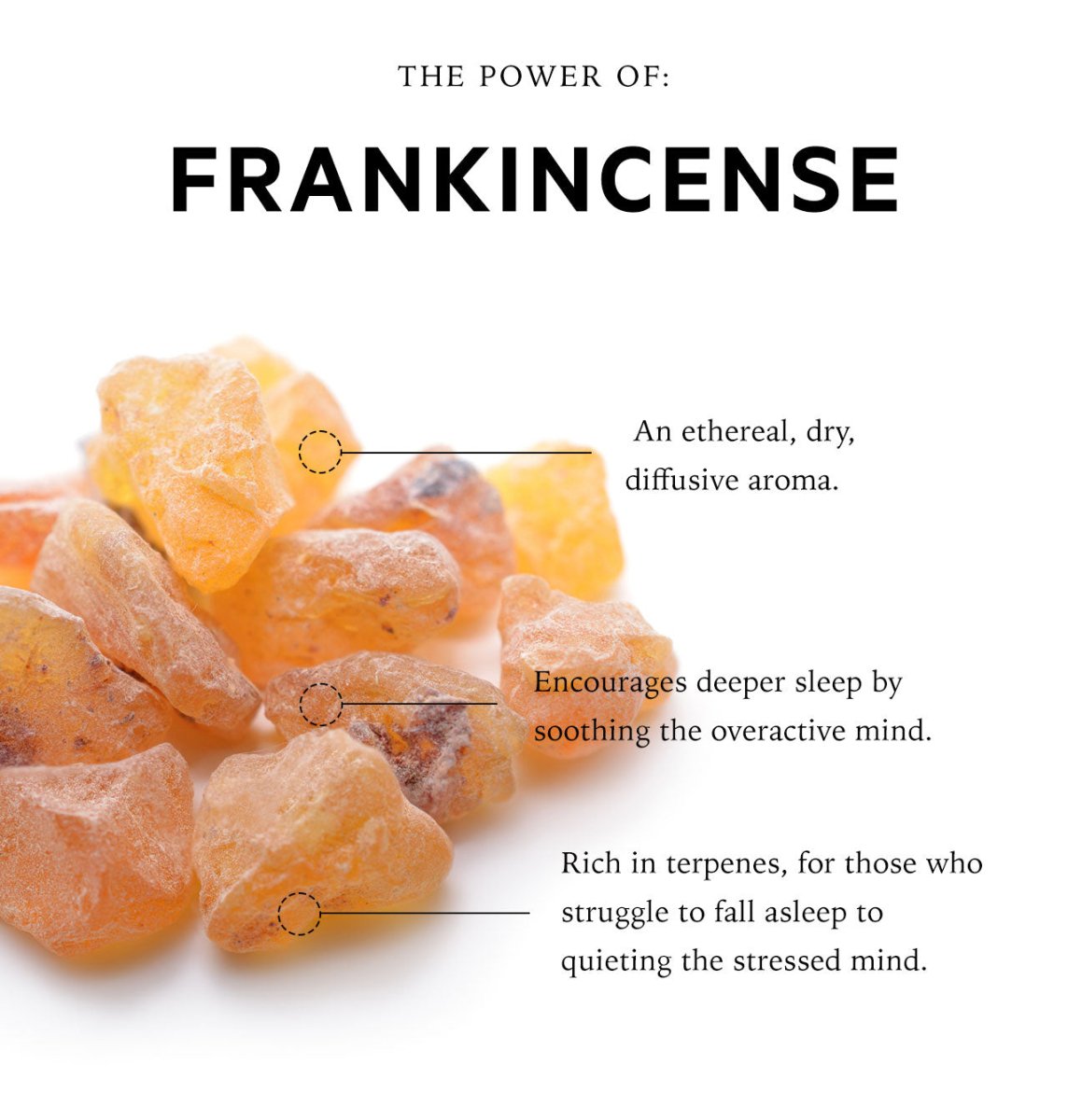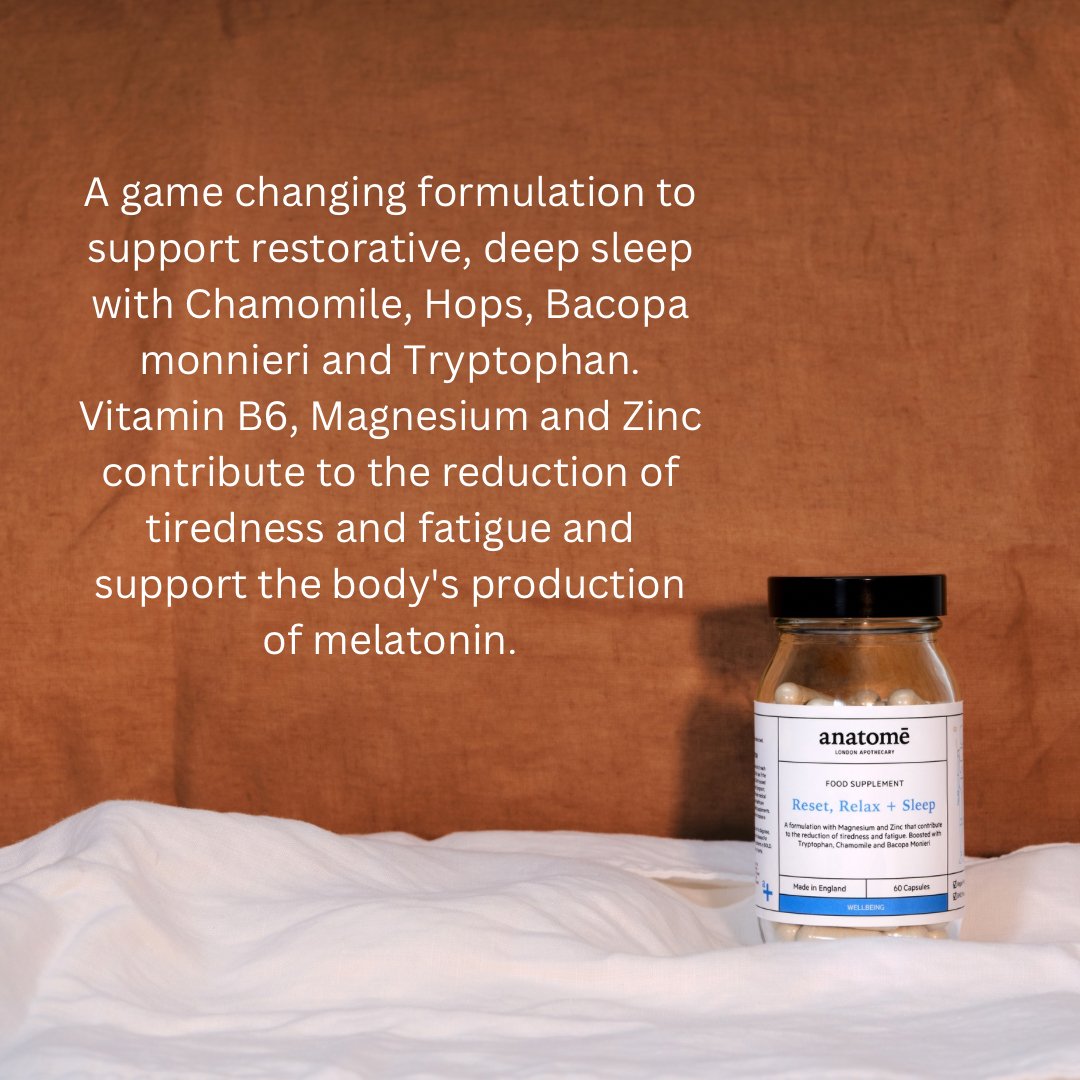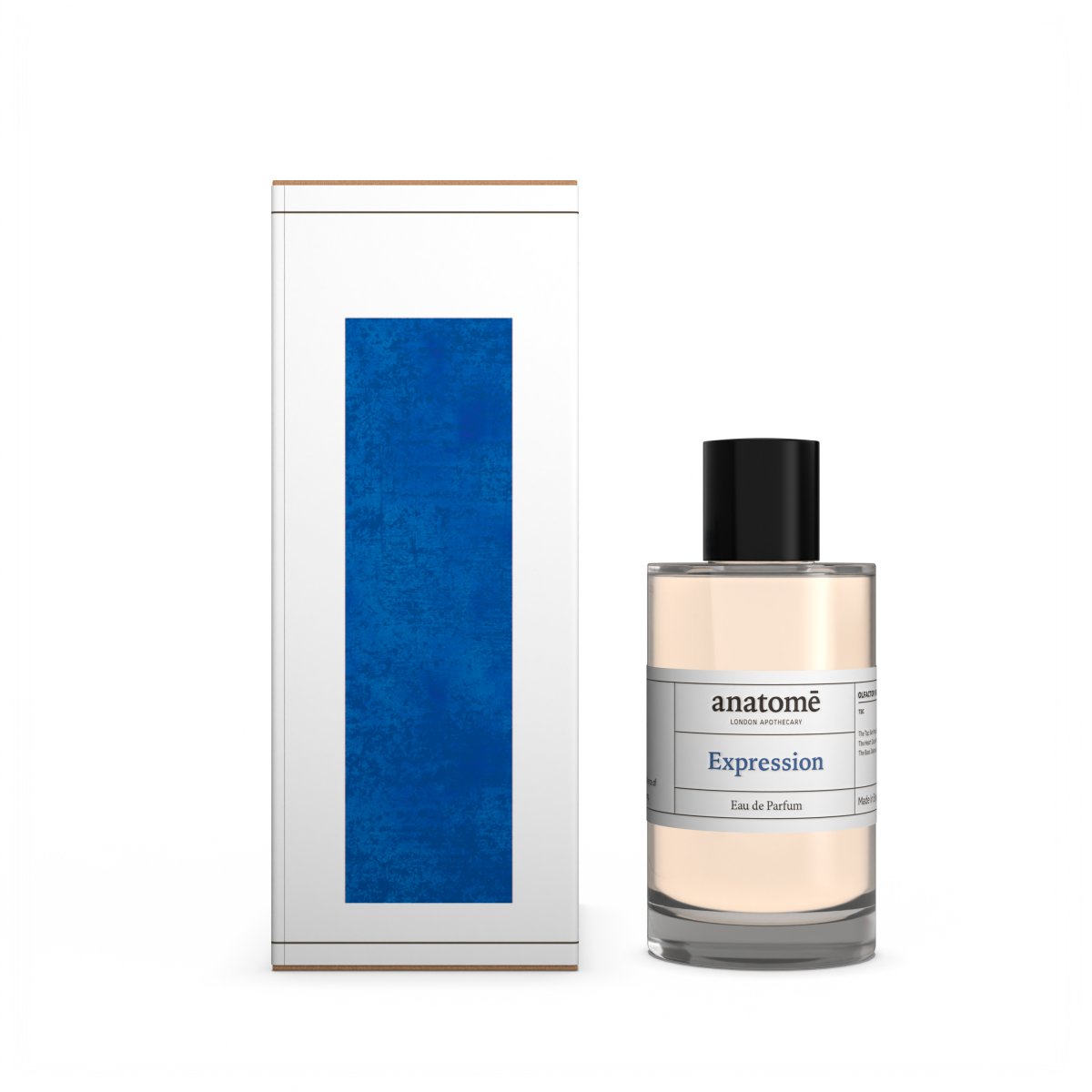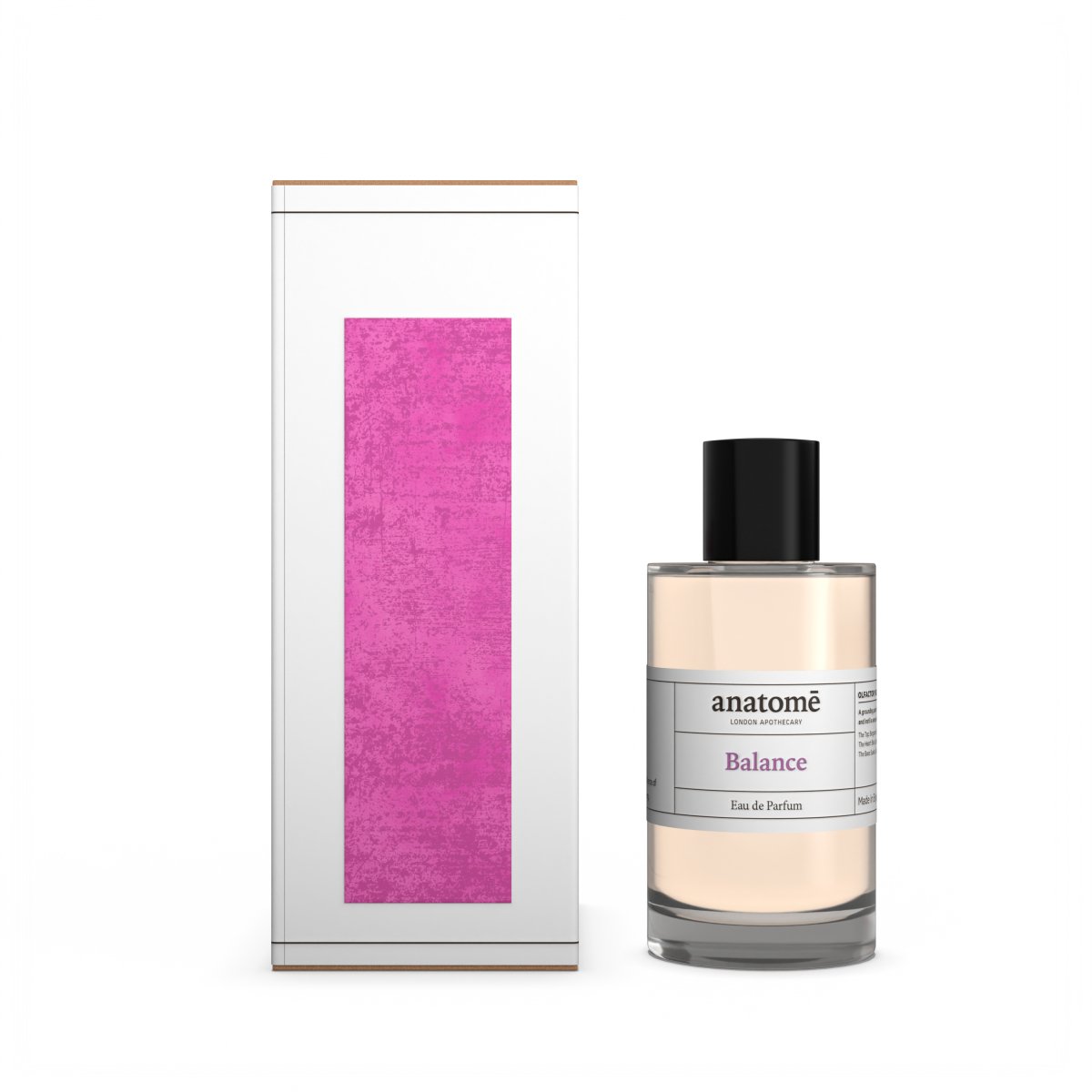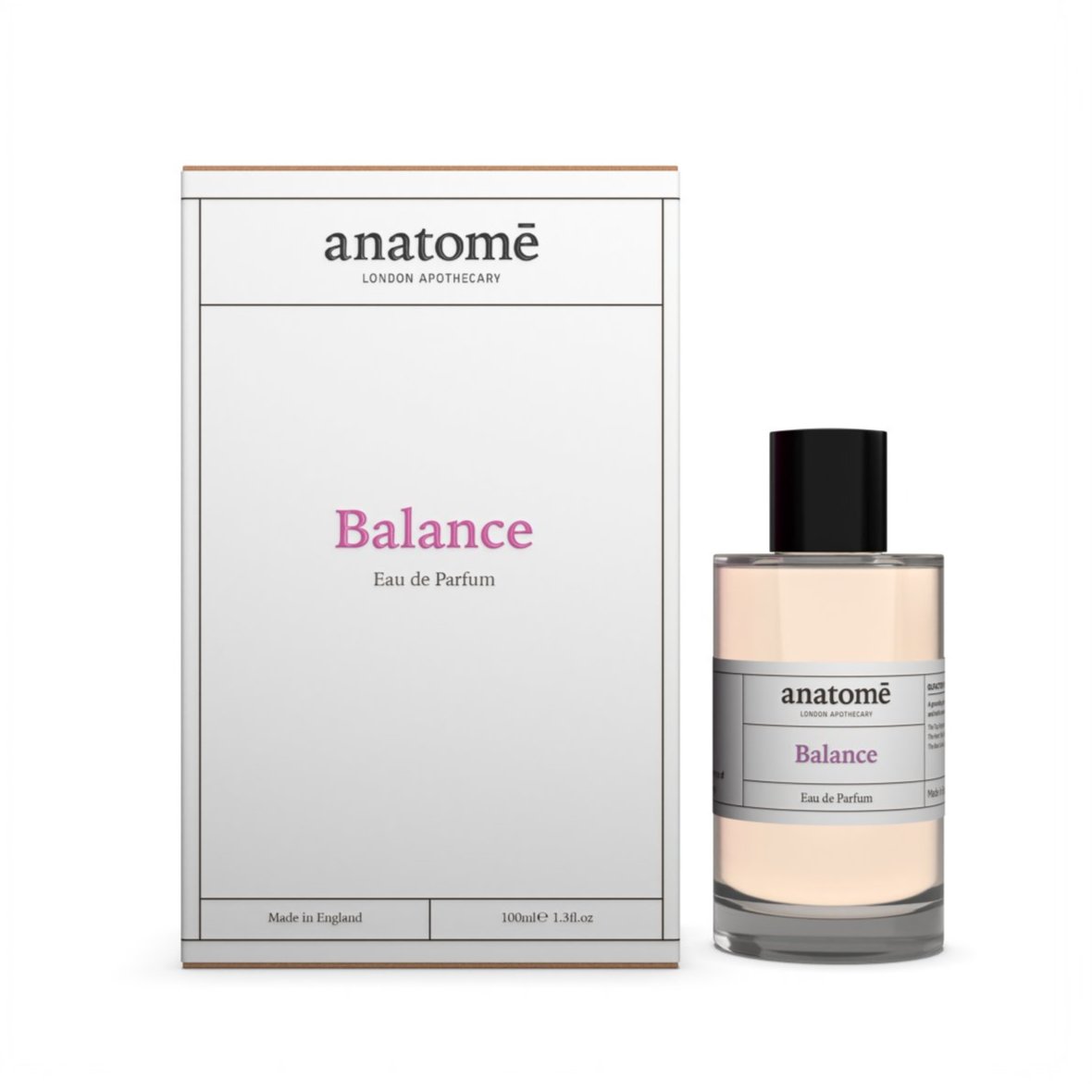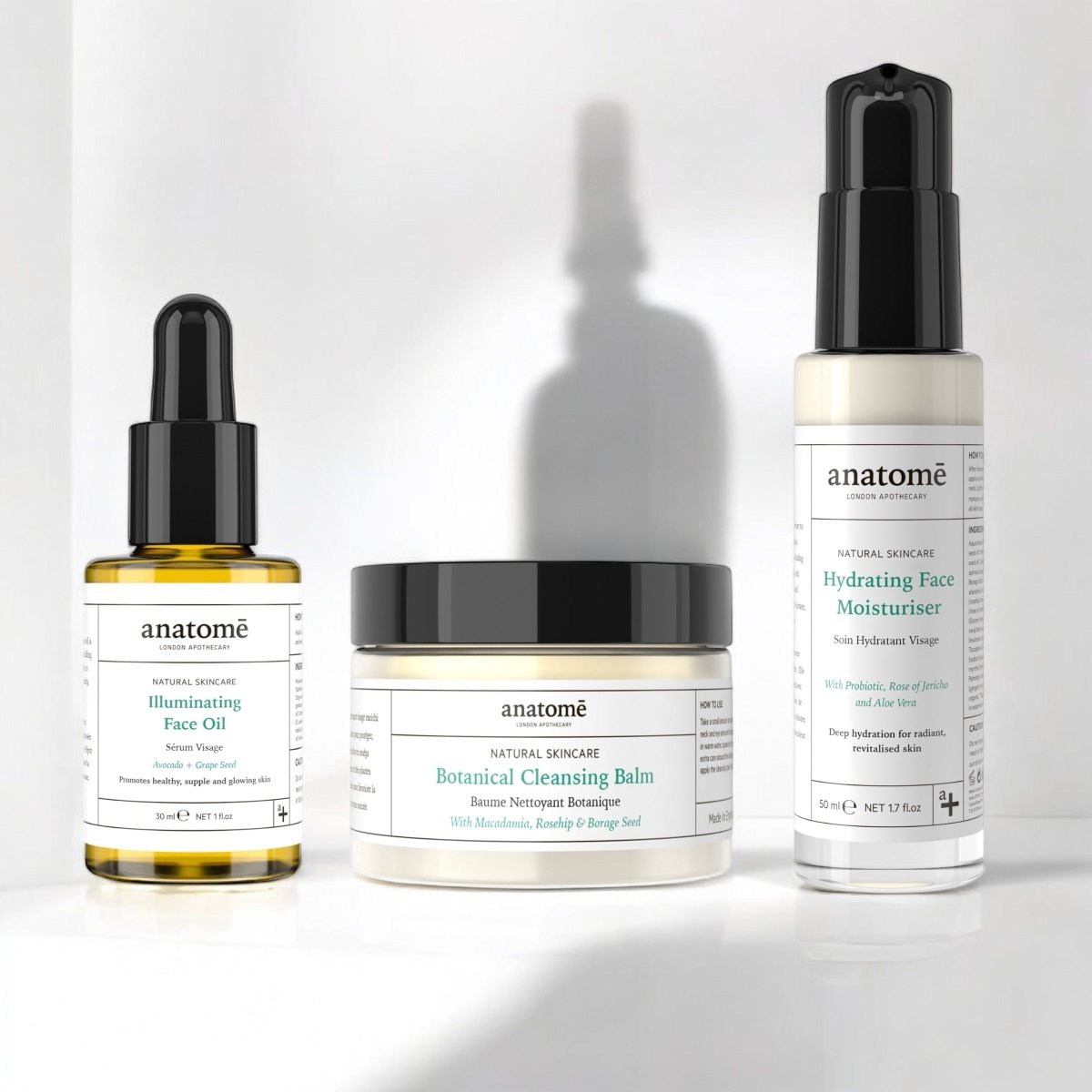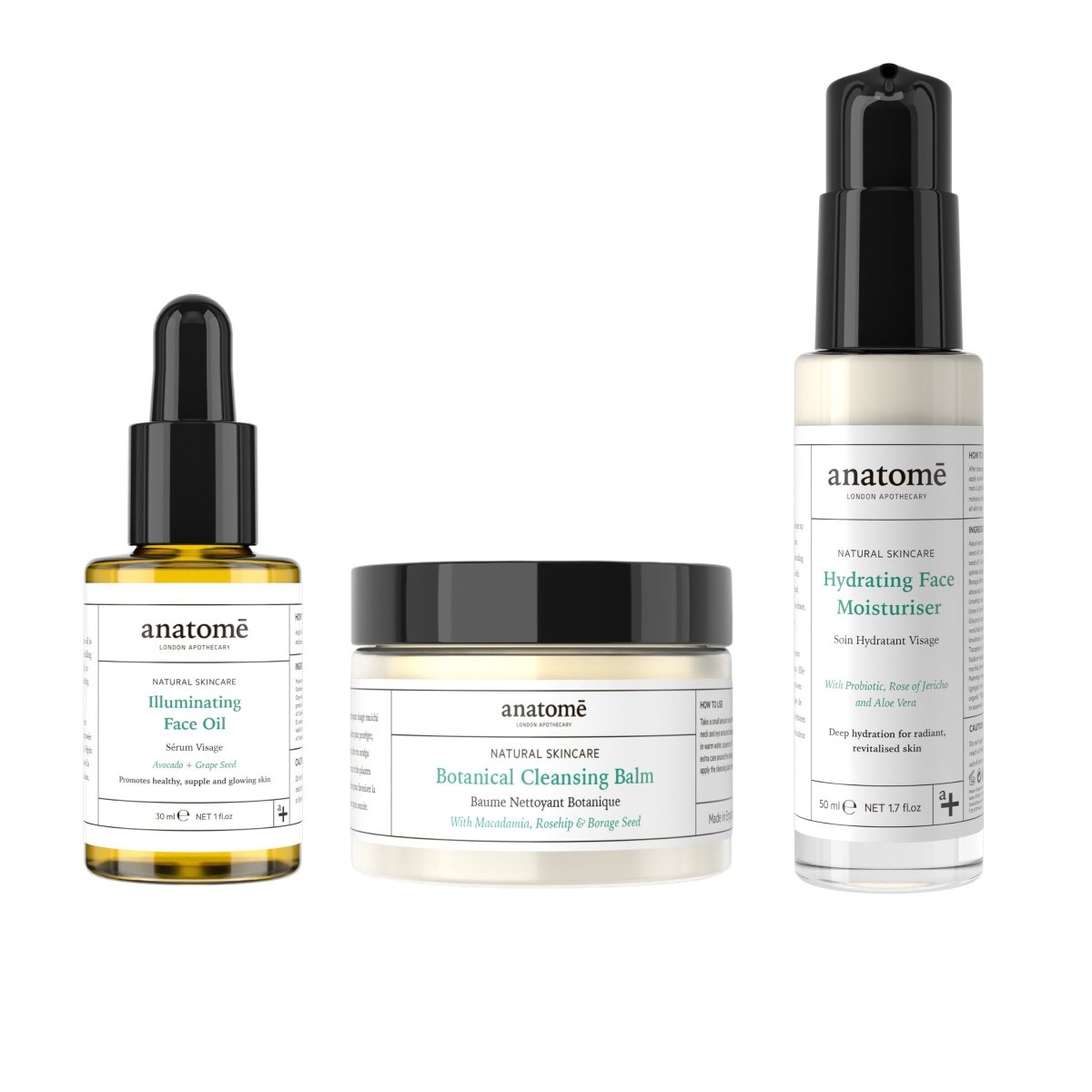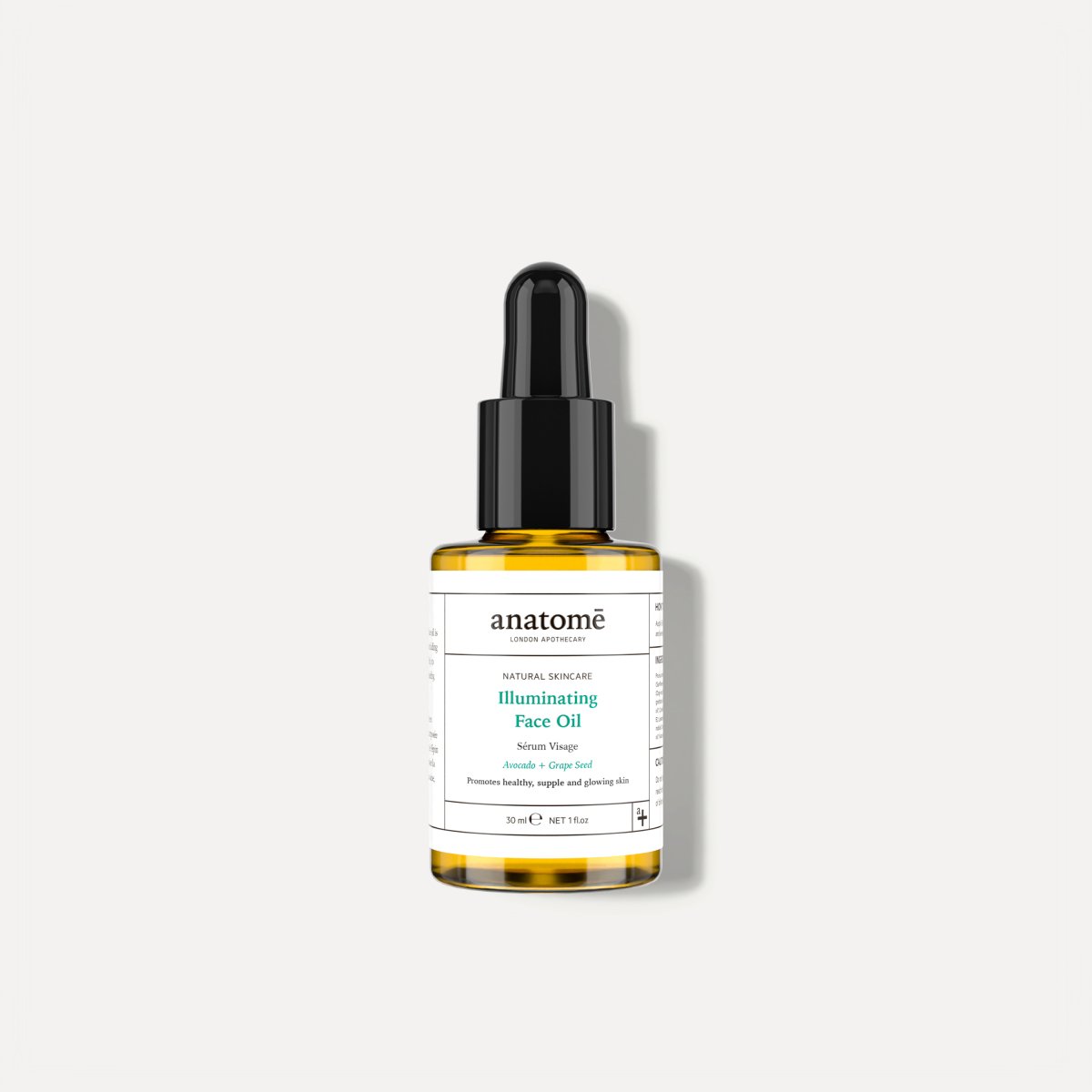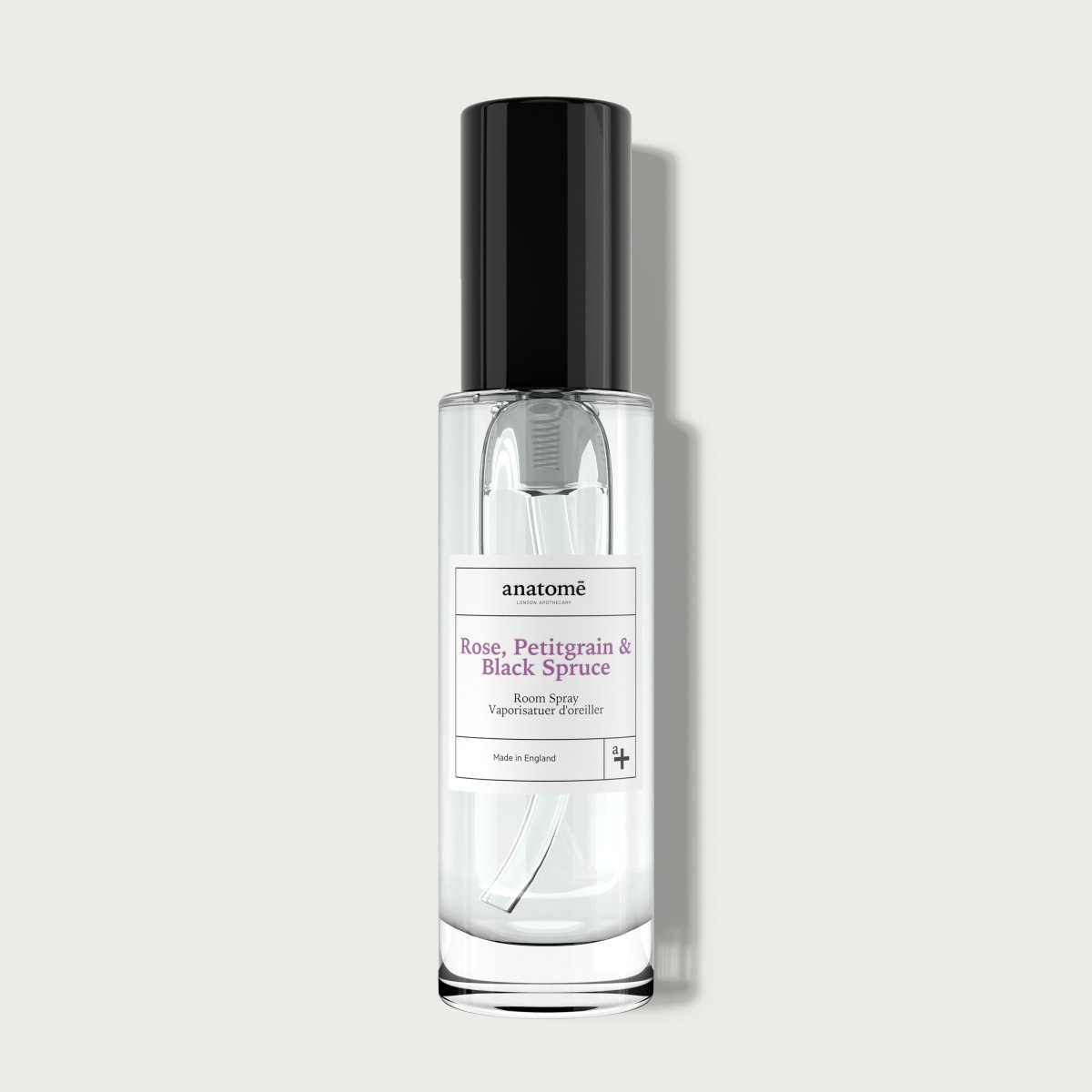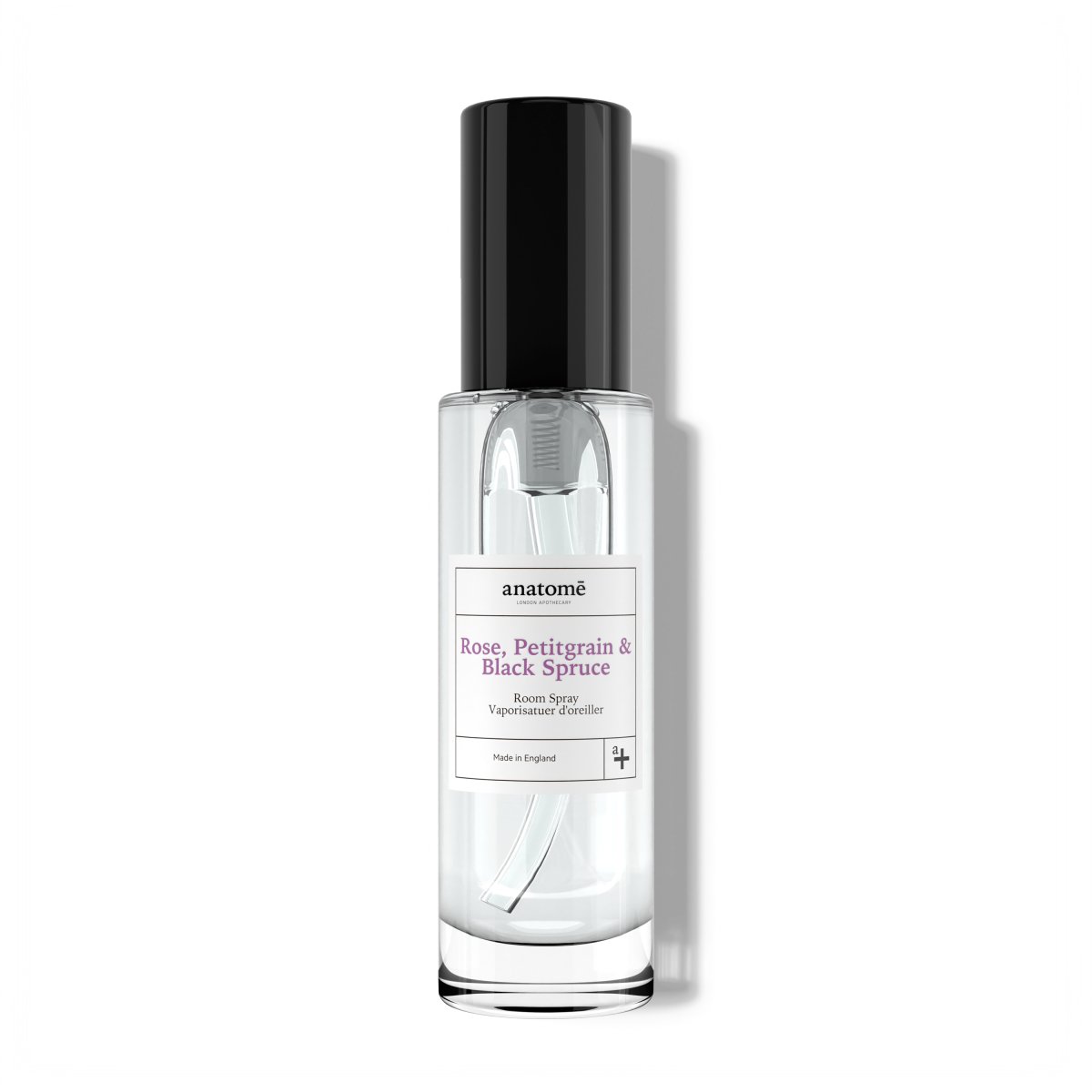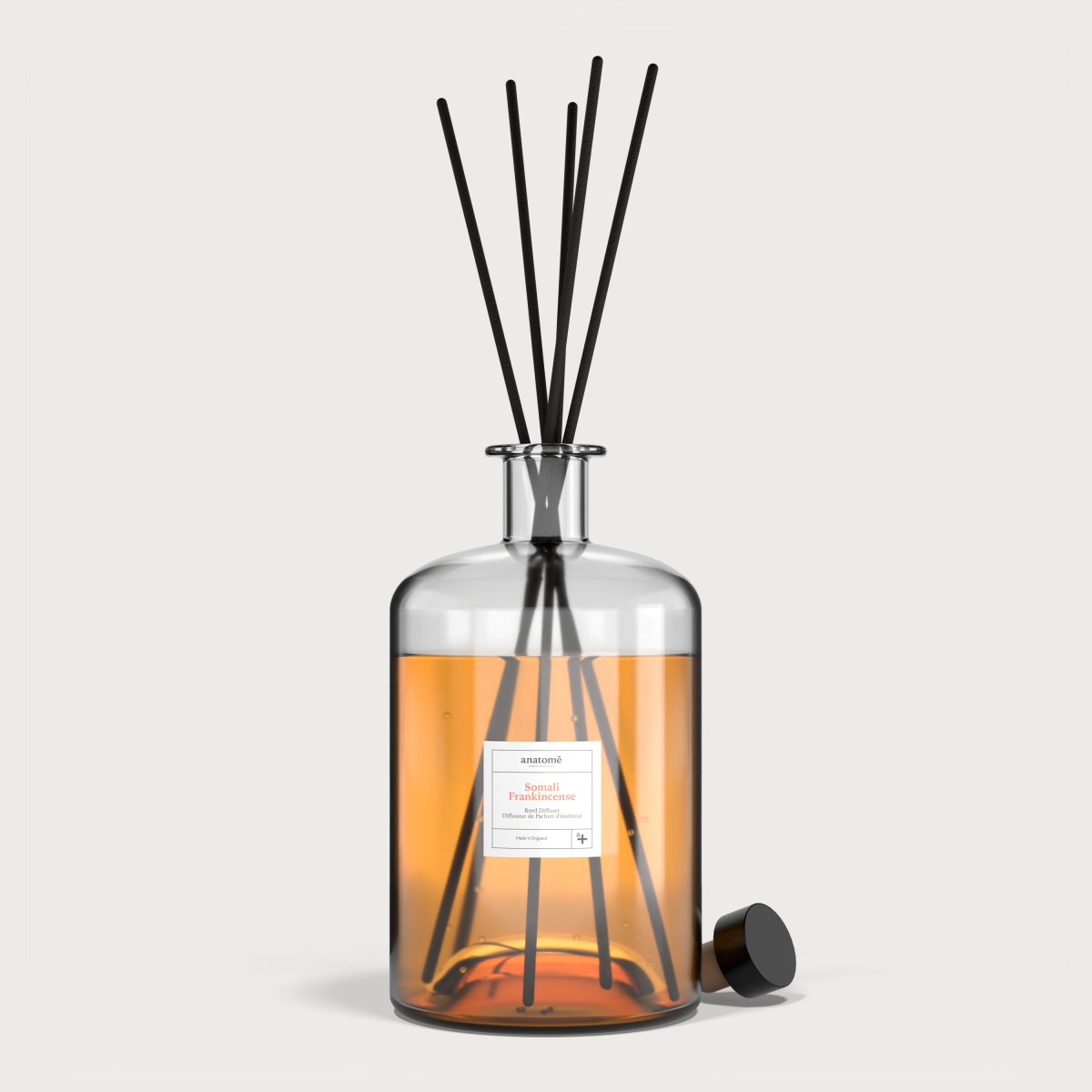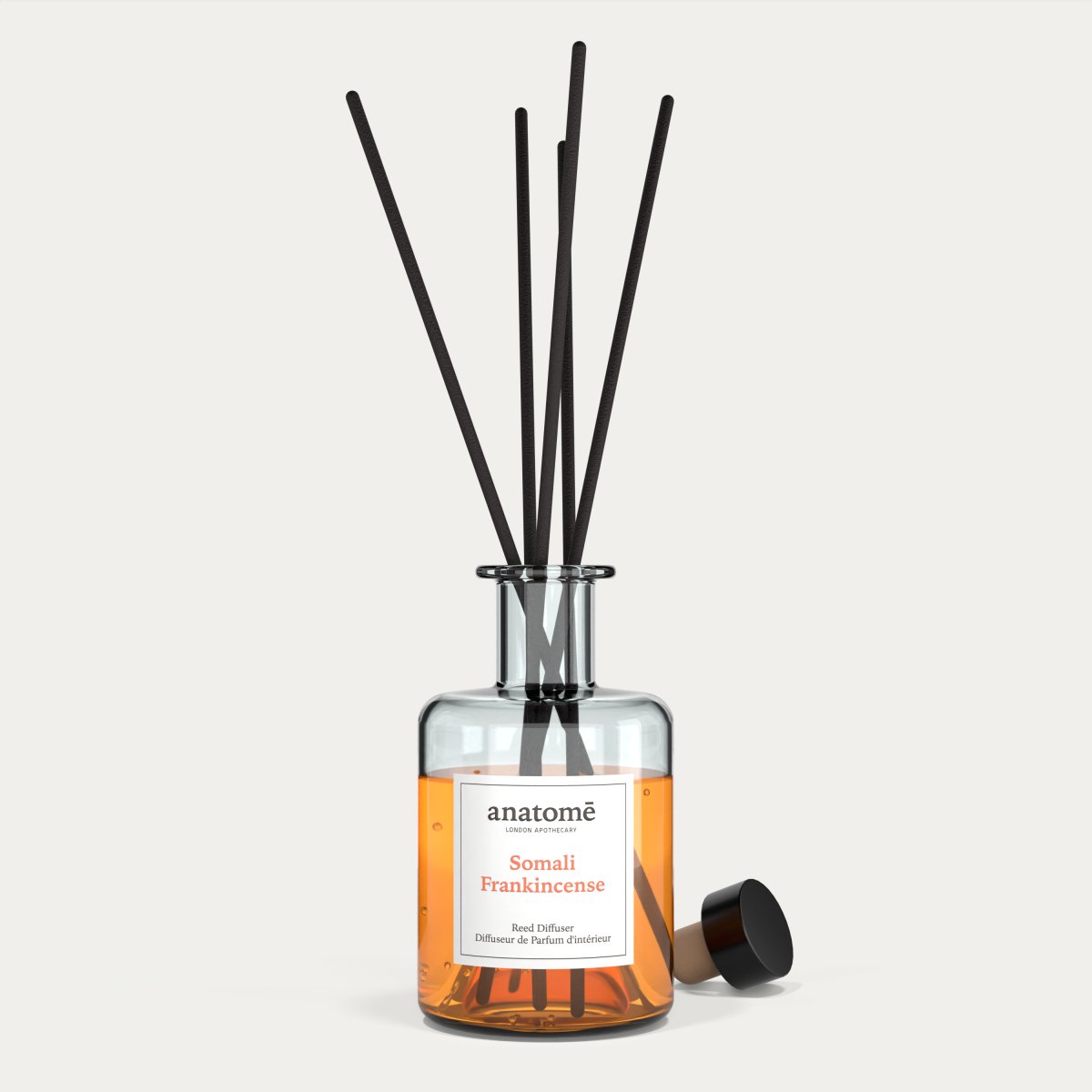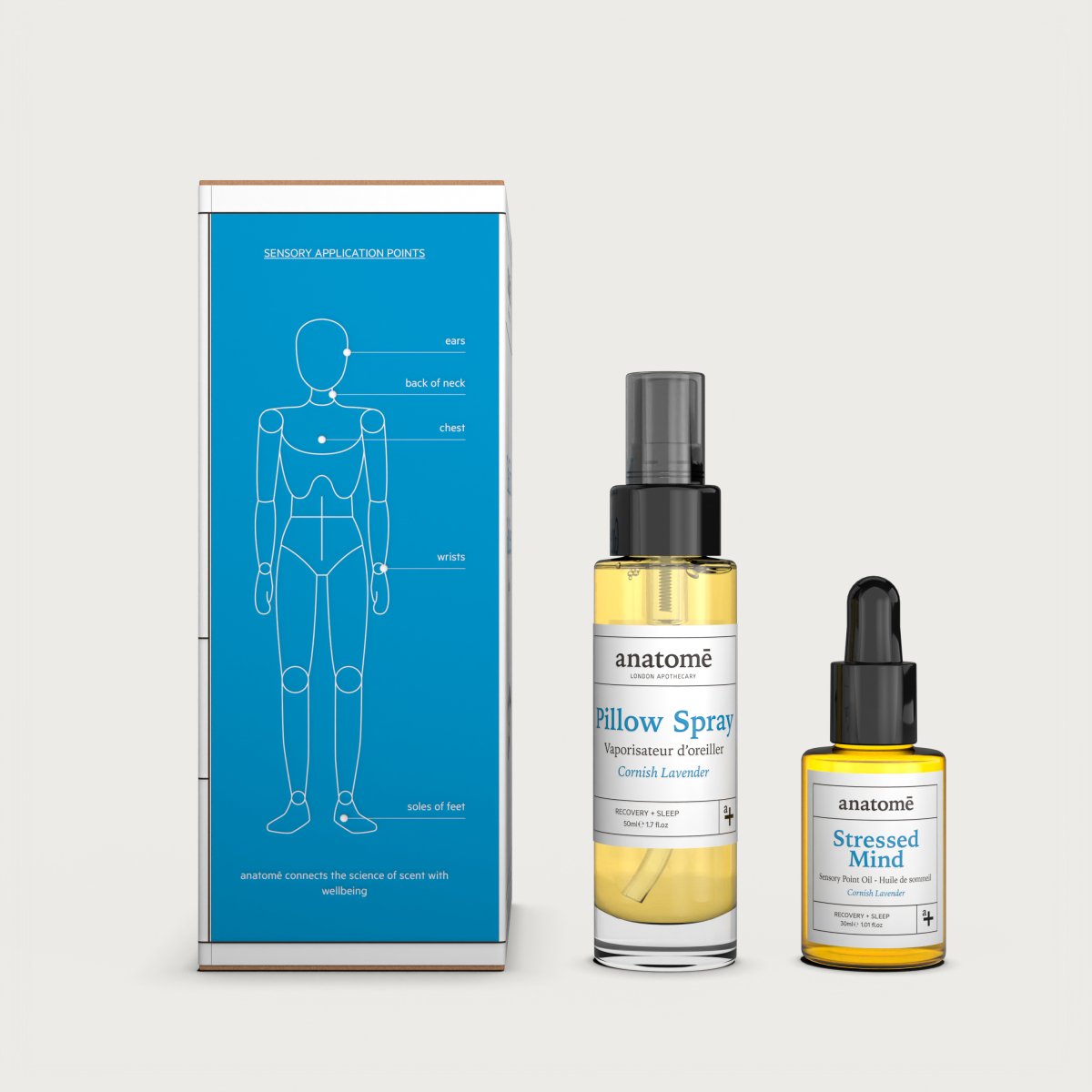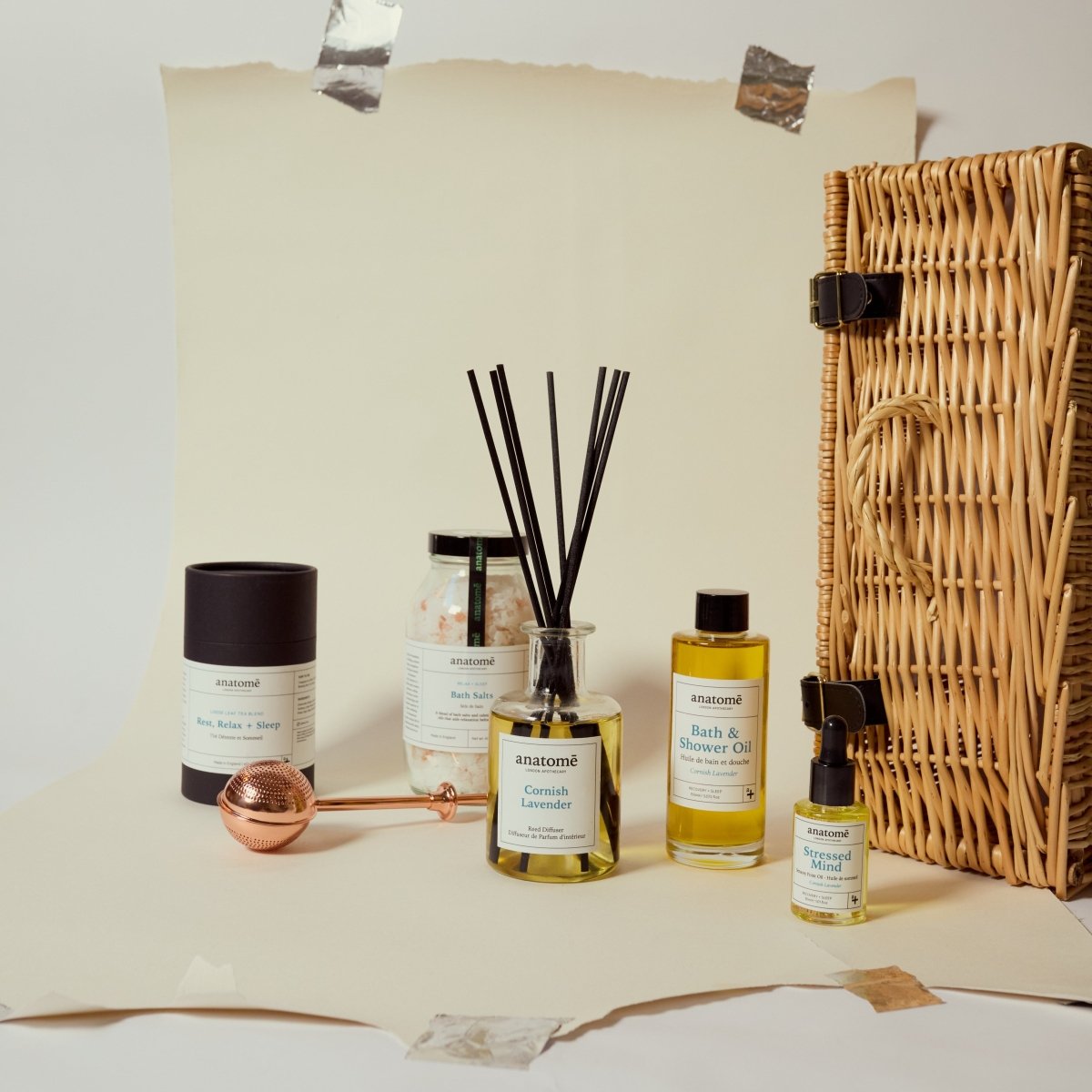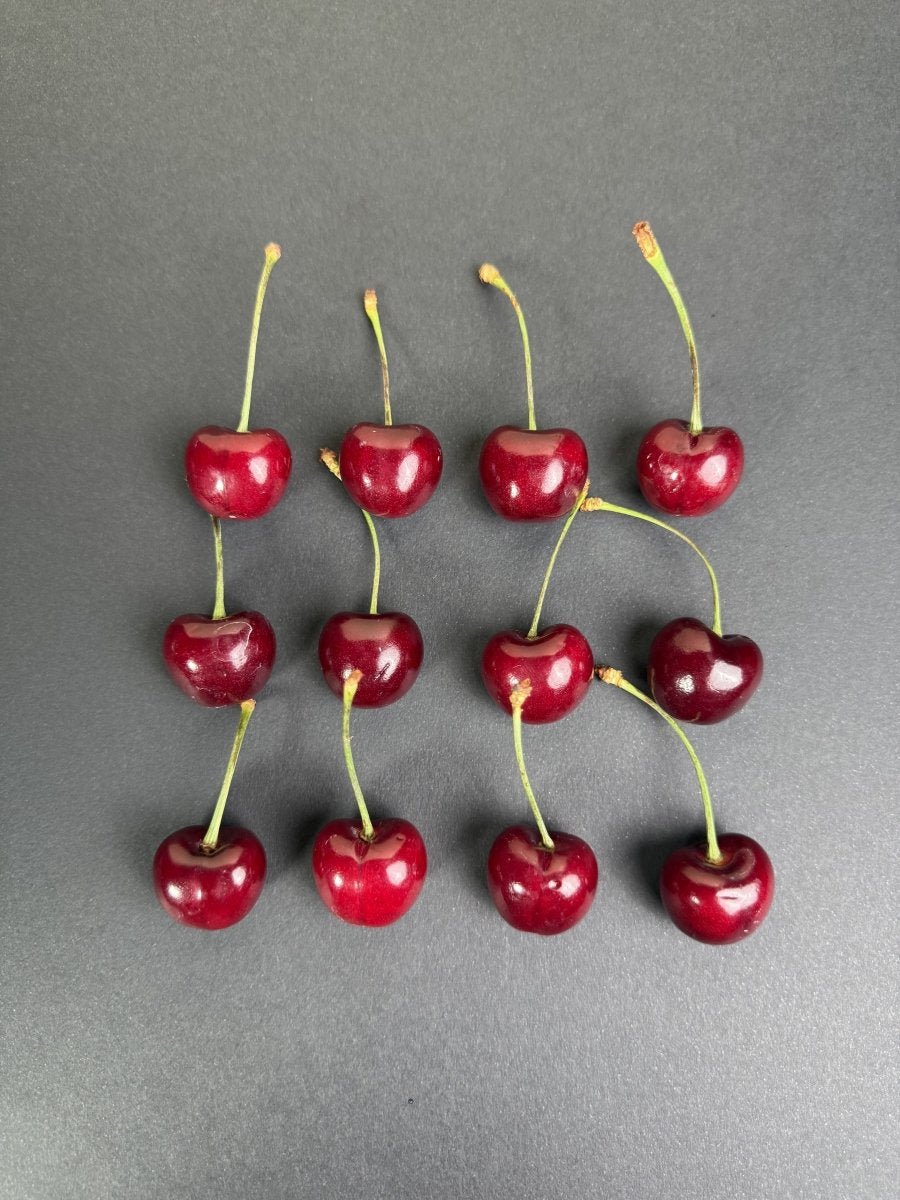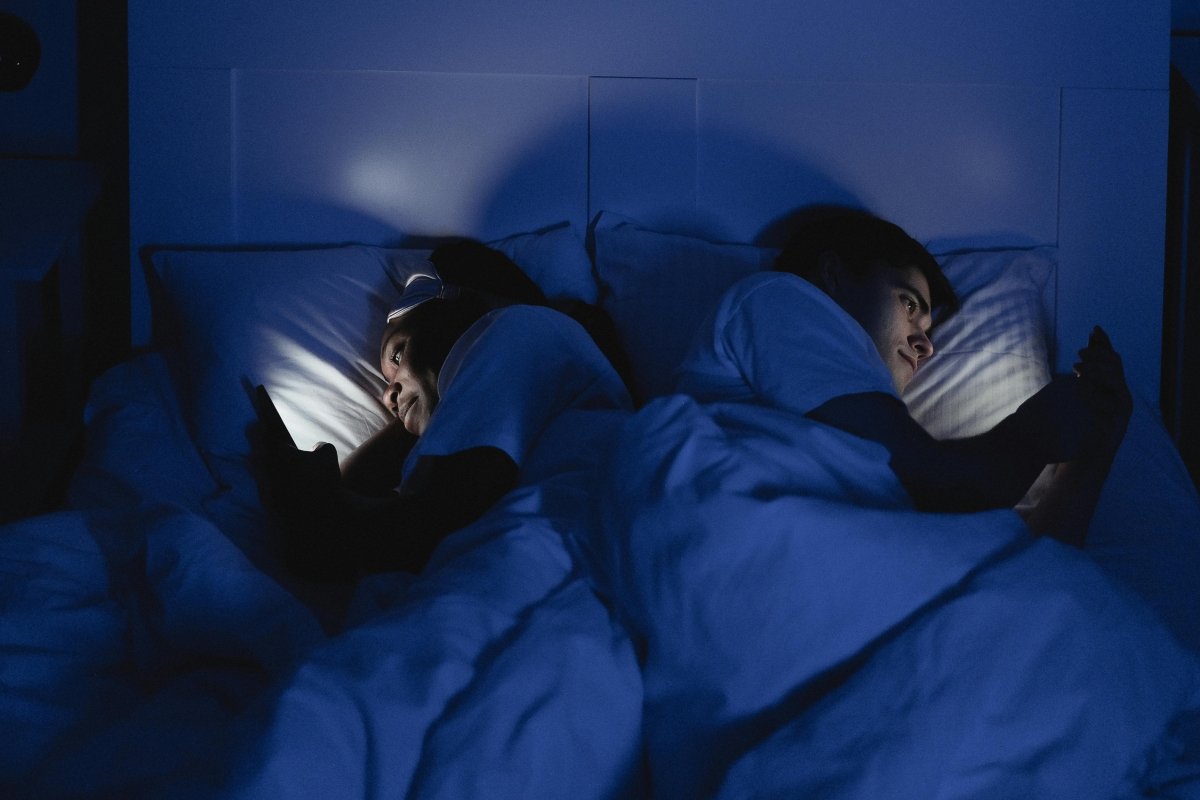
The Sleep Recession: Why the UK is Tossing and Turning While the World Sleeps
Somewhere in Tokyo, a businessman catches a 15-minute nap in a sleep pod before his next meeting. In Mexico City, an afternoon siesta is still woven into the cultural fabric, offering a reset before the evening. In India, 84% of people say they get enough sleep—an astonishing number compared to the UK's weary 45%.
Britain is amid a sleep recession, a nationwide silent crisis unfolding in bedrooms. Once a nation that proudly rose early and retired late, the UK is now one of the most sleep-deprived populations in the world. While the idea of 'burning the candle at both ends' might have once been romanticised, the reality is far less poetic. Sleep deprivation is eating away at our cognitive function, emotional stability, and even our GDP. The numbers don't lie—sleep loss costs the UK economy an estimated £40 billion annually in lost productivity.
So, what happened? And more importantly, why is everyone else getting better sleep than we are?
The Global Sleep Divide
The UK is hardly alone in its struggle with sleep, but it is uniquely positioned at the crossroads of a few key disruptions. Britain's work culture still hinges on presenteeism, unlike cultures where rest is protected—think of Spain's historic siestas or Japan's normalised workplace naps (known as inemuri, or "sleeping while present").
"Sleep is often the first thing sacrificed in the name of productivity," says Dr Sophie Bostock, a sleep scientist based in London. "Yet, the irony is that sleep is productivity's greatest ally." Chronic sleep deprivation, she explains, leads to lower concentration, increased anxiety, and a weakened immune system. The less we sleep, the worse we function—and the cycle continues.
A Nation Glued to Screens
Of course, the real villain in this story isn't just an overcommitted work ethic. It's blue light, doomscrolling, and the ever-expanding digital world that demands our attention long past bedtime. The UK has one of the highest smartphone penetration rates globally, with 95% of adults owning a smartphone. The average Brit checks their phone 58 times daily— crucially, right before bed.
The impact of screens on sleep isn't a matter of debate anymore—it's well-documented science. Blue light suppresses melatonin, the hormone that tells our bodies it's time to sleep. The result? A nation of night-time scrollers with disrupted circadian rhythms, struggling to fall—and stay—asleep.
Why India Sleeps Better Than We Do
So, why do countries like India and Mexico report higher sleep satisfaction? It's tempting to think it's just lifestyle differences, but a deeper, more cultural element is at play. Countries with strong traditions of evening wind-down rituals, family meals, and non-negotiable rest periods appear to have a healthier relationship with sleep.
In India, for instance, the practice of dinacharya—a daily Ayurvedic routine—often includes pre-bedtime relaxation rituals, from warm milk infused with turmeric to aromatherapy practices using essential oils like vetiver and sandalwood. Science backs this up: scent has a powerful impact on the nervous system. The field of aromachology (the study of the effects of scent on human behaviour) is increasingly recognised as a crucial tool in sleep science.
Can the UK Get Its Sleep Back?
The solution isn't as simple as banning phones from the bedroom (though that would help). The UK needs a cultural reset around rest. Workplaces need to acknowledge that well-rested employees are better employees. Schools should teach sleep hygiene as rigorously as they teach maths. As individuals, we need to rethink our approach to winding down—whether it's through scent, ritual, or simply reclaiming the right to a full eight hours without guilt.
Sleep isn't a luxury, nor is it a weakness. It's a cornerstone of health, performance, and even creativity. And if the rest of the world is doing it better, it's time we took a few notes.
Welcome to the sleep season, let's talk about how we get it back.

